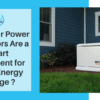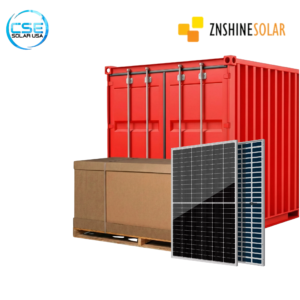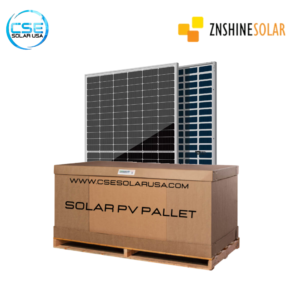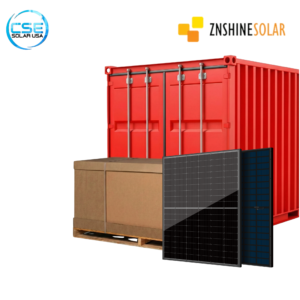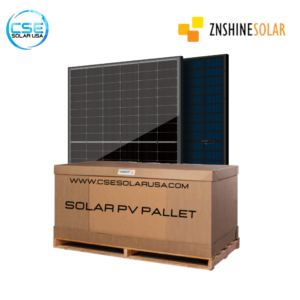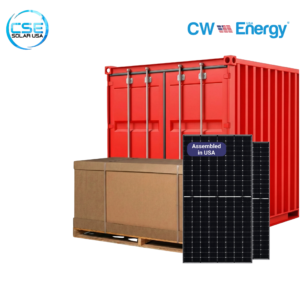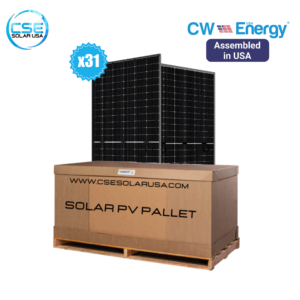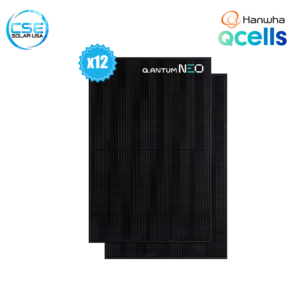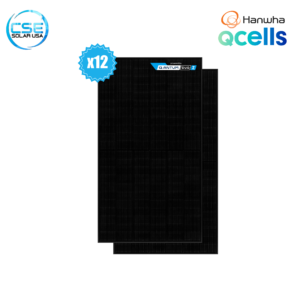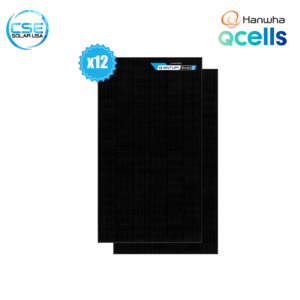Types of Solar Kits Explained: Off-Grid, Hybrid, Grid-Tie
If you’re exploring the world of solar energy, you’ve probably come across a wide range of solar kits. Whether you’re aiming to power a remote cabin, reduce your monthly utility bill, or prepare for emergencies, choosing the right solar kit is the first step toward energy independence.
But with terms like off-grid, grid-tie, and hybrid being thrown around, how do you know which type of solar kit is best for your needs?
In this guide, we’ll break down the main types of solar kits so you can make a confident and informed decision.
What Are Solar Kits?
A solar kit is a bundled solution that includes the essential components needed to generate and use solar power. These usually include solar panels, an inverter, a charge controller, wiring, mounting hardware, and sometimes batteries.
Rather than sourcing each component separately, solar kits make it easier (and often more affordable) to get started with solar power whether for your home, RV, cabin, or mobile setup.
1. Off-Grid Solar Kits
What Are They?
Off-grid solar kits are designed for situations where you have no access to the utility grid. This makes them perfect for remote cabins, homesteads, farms, and any location where running power lines would be impractical or too expensive.
These kits typically include solar panels, batteries, a charge controller, and an inverter. The batteries store power for nighttime or cloudy days, ensuring 24/7 electricity availability.
Who They’re For:
- Remote cabins or tiny homes
- Off-grid homesteads
- Farms, sheds, or barns without grid access
- Survivalists or preppers
- Mobile homes where grid-tie is not an option
Pros:
- Complete energy independence
- Ideal for remote locations
- No monthly utility bills
2. Grid-Tie Solar Kits
What Are They?
Grid-tie solar kits (also known as on-grid systems) are connected to your local utility grid. During the day, your solar panels power your home and any excess electricity is sent back to the grid. At night, or when you need more power than your system can provide, you draw electricity from the utility.
These kits generally include solar panels and an inverter, but don’t require batteries, making them more affordable and easier to maintain.
Who They’re For:
- Homes already connected to the utility grid
- Homeowners looking to reduce electric bills
- Areas with net metering programs
- People who want a simpler, battery-free setup
Pros:
- Lower upfront costs
- Simpler installation
- Eligible for net metering (in many areas)
- Great ROI through electricity savings
3. Hybrid Solar Kits (Grid-Tie + Battery Backup)
What Are They?
Hybrid solar kits combine the best of both worlds: grid-tie convenience with off-grid backup. These systems are connected to the utility grid but also include battery storage, allowing you to store excess solar energy for later use.
This means you can still power essential appliances during a blackout while also enjoying the cost savings of grid-tie solar.
Who They’re For:
- Homeowners in areas with frequent power outages
- People who want backup power without going fully off-grid
- Those interested in maximizing solar energy usage
- Users in areas with time-of-use (TOU) utility rates
Pros:
- Backup power during blackouts
- More control over energy usage
- Can help avoid high TOU rates
Other Specialized Solar Kits Worth Knowing
While the three main types above cover most home-based solar needs, there are also specialized solar kits for mobile or niche applications. Here are a few options to keep in mind:
Backup Power Kits
These kits are designed purely for emergency use. They typically include solar panels, batteries, and inverters all pre-configured to run essential appliances during a blackout. Think of it as a solar-powered generator.
Great for:
- Emergency preparedness
- Powering refrigerators, lights, medical equipment, etc.
RV & Marine Solar Kits
Built for life on the move, RV and marine solar kits are compact, lightweight, and weather-resistant. They’re designed to power 12V systems typically found in campers, boats, or travel trailers.
Great for:
- Campers, RVs, vans
- Sailboats and yachts
- Weekend getaways off the beaten path
EV Solar Charging Kits
Want to charge your electric vehicle with solar? These specialized kits help power home EV chargers or support off-grid EV charging setups.
Great for:
- EV owners looking to lower charging costs
- Eco-conscious drivers who want solar-powered miles
Free-Standing Solar Power Kits
Also known as portable solar kits, these are plug-and-play systems that don’t require rooftop mounting. Ideal for renters, outdoor work sites, or temporary setups.
Great for:
- Construction sites
- Outdoor events or festivals
- Renters who can’t install permanent panels
Choosing the Right Solar Kit
When deciding which type of solar kit is best for you, consider the following:
- Do you have access to the grid? If not, go off-grid.
- Do you want backup power? Choose hybrid or off-grid.
- Is cost a big concern? Grid-tie systems are usually the most affordable.
- Do you travel or move often? RV or portable kits are ideal.
- Is emergency preparedness important? Consider a backup power kit.
Also, be sure to factor in your daily energy usage, available space for solar panels, and your long-term energy goals.
Conclusion
Solar kits make it easier than ever to harness the power of the sun whether you live off-grid in the mountains, in a city suburb, or on the road in your RV. From simple grid-tie systems to full-fledged off-grid setups, there’s a solar kit for every lifestyle and budget.
If you’re ready to explore your options, check out a wide selection of off-grid solar kits, grid-tie bundles, backup systems, and RV-ready kits available at CSE Solar USA
Switching to solar doesn’t have to be complicated and with the right kit, it can be one of the smartest energy decisions you make.
Frequently Asked Questions
1. What is the difference between off-grid, grid-tie, and hybrid solar kits?
Off-grid solar kits operate independently from the utility grid and store energy in batteries. Grid-tie kits connect directly to the utility grid and typically do not include batteries. Hybrid solar kits combine both options, allowing you to stay connected to the grid while also storing energy for backup power.
2. Do all solar kits require batteries?
No. Batteries are required for off-grid systems and are included in hybrid systems for energy storage and backup power. Grid-tie solar kits usually do not need batteries since they rely on the utility grid when solar production is low.
3. Which type of solar kit is best for residential homes?
Grid-tie solar kits are ideal for homes with reliable utility service looking to reduce electricity bills. Hybrid solar kits are a great option for homeowners who want both energy savings and protection during power outages.
4. Will my solar system work during a power outage?
Off-grid and hybrid solar kits can continue supplying power during an outage if batteries are properly sized. Standard grid-tie systems automatically shut down during outages to protect utility workers unless paired with battery storage.
5. Are solar kits available for RVs, cabins, or remote locations?
Yes. Off-grid solar kits are commonly used for RVs, cabins, boats, and remote properties where grid power is unavailable or unreliable.


